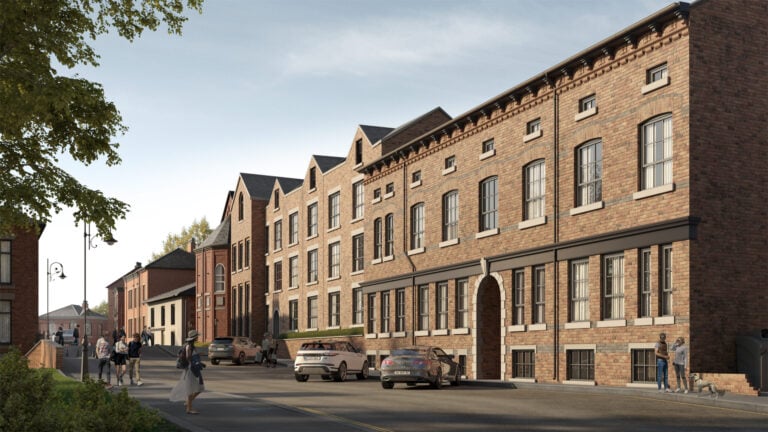Energy efficiency has always been a selling point for new-builds, but more buyers than ever are now seeking a brand new property to combat energy costs.
New research has shown a marked increase in the number of property buyers who are keen on securing a mortgage based on a building’s EPC as part of the search process – a nod to the fact that energy performance certificates are becoming more crucial than ever as a way of ensuring cheaper bills.
Insurance firm Legal & General has revealed that its Ignite tool has seen a 34% rise in the number of searches for mortgages that consider EPC ratings in the month of June.
Being hailed as a “green revolution”, it is a clear sign that growing numbers of people are putting energy consumption as a top priority when buying a home – and the same can be said for investment property.
Green products for green properties
The rise in the number of people looking for eco-friendly products to go along with eco-friendly homes appears to be tied with the crippling energy cost rises being experienced by many households in recent months.
Despite Liz Truss’s recent announcement that the typical household energy bill would be capped at £2,500 annually, costs are still surging, making energy efficiency higher on many people’s agendas.
Kevin Roberts, director of mortgage services at Legal & General, said: “Some buyers are considering eco-friendly products and making greener choices.
“We are still very much in the early stages of the green revolution, but it seems safe to assume that rising energy bills have prompted more buyers to consider the financial benefits of opting for greener homes.
“While volumes remain low for now, brokers and lenders have a key part to play in raising awareness of green products and educating borrowers about EPCs, retrofitting, and other associated factors.”
While the survey doesn’t directly cite new-builds, this property type is by far the most energy efficient when it comes to homes, alongside those that have been retrofitted with green credentials in mind. New-builds tend to be better insulated with double or single glazing, draught proofing and energy-efficient fittings.
Will new-builds save you money?
While not all new-builds are A-rated, statistically a vastly higher proportion of newly built properties have top A or B ratings when it comes to EPCs, compared with existing properties, where the average is a D.
Nationwide found that properties in the A-C top-rated EPC bracket currently pay an average £1,700 on bills per year (based on the April 2022 price cap). But those in the bottom tier F-G properties are paying more than twice as much, at around £3,900 per year.
In the private rented sector, when thinking about saving money, all landlords must now consider the EPCs of their rental properties. At present, rental homes must achieve a rating of E or higher, but this could soon rise to a C, which may pose problems for many investors.
As a way of future-proofing, growing numbers of landlords are considering new-builds. While the initial outlay can be higher, this can be weighed up against the cost of retrofitting an older home to bring it up to standard, as well as the premium rents new-builds can attract from tenants.
With tenants also prioritising the cost of living, more landlords are reporting questions from prospective tenants about energy prices at properties to let. This is another way that new-builds could prove more attractive to a wider group of tenants, with lower energy costs proving extremely attractive.
BuyAssociation is a property investment consultancy that specialises in selling new-builds and newly renovated residential properties to investors across the UK. To find out more, get in touch today.









